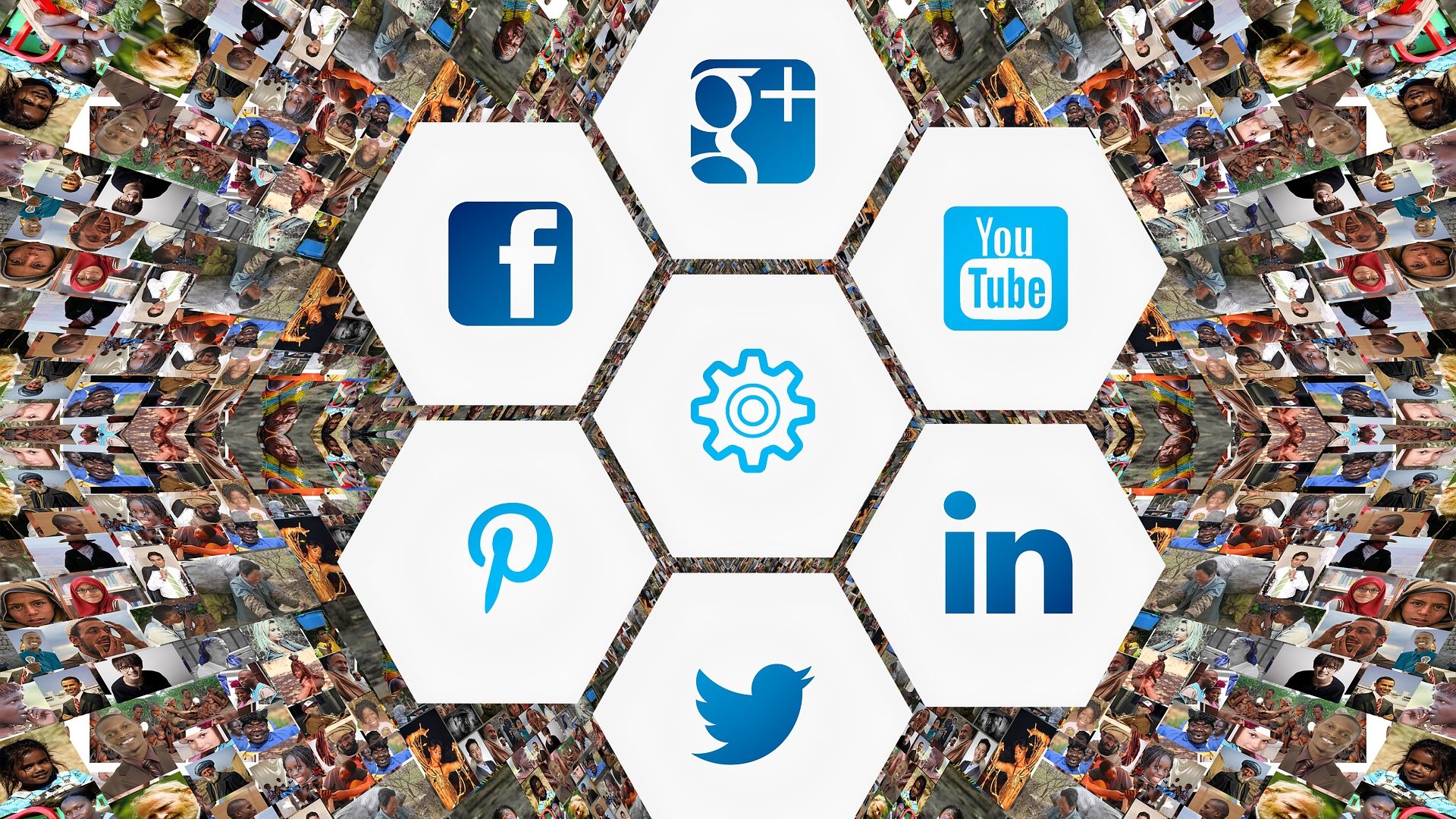Hamas ‘Hijacked’ Major Social Media Platforms, Says Expert
A deluge of anti-Semitic posts and calls for violence against Jews and Israelis hit social media after the Oct. 7 Hamas attacks, and while some platforms remove flagged offensive content, they are failing to stop more being posted
Anti-Semitic incidents have skyrocketed since the Oct. 7 terrorist attacks by Hamas on Israel and the subsequent outbreak of war. From hashtag trends to pro-Palestinian celebrities passing inflammatory messages on to their large audiences, many point to social media as a driving force behind the latest barrage of anti-Semitism.
“If we look at the whole issue of not only online anti-Semitism, but calls to violence, glorification of terror, graphic content, and misinformation-disinformation since Oct. 7, I think you can easily say that just as the IDF was caught by surprise, so too were social media platforms,” Tal-Or Cohen Montemayor, a former lone soldier and the founder and CEO of the CyberWell company, told The Media Line.
There was a deluge of anti-Semitic content and calls to violence against Jews and Israelis, including a lot of graphic content from the actual massacre. … Hamas essentially hijacked the major social media platforms on Oct. 7 and the weeks following.
Based in Tel Aviv, CyberWell bills itself as the “world’s first real-time database that tracks online anti-Semitism using AI and open source intelligence techniques to create a real-time picture of the state of online anti-Semitism.” It monitors social media platforms including Threads, Facebook, Instagram, X (Twitter), YouTube and TikTok, in both English and Arabic. This month, the company released titled “Trending Anti-Semitic Narratives and Calls to Violence.”
“There was a deluge of anti-Semitic content and calls to violence against Jews and Israelis, including a lot of graphic content from the actual massacre. … Hamas essentially hijacked the major social media platforms on Oct. 7 and the weeks following,” Cohen Montemayor said.
Research from CyberWell showed a huge rise in anti-Semitic posts across the board on social media in the week after Oct. 7, with an 81% increase on X and a 193% rise on Facebook.
“X is probably the worst platform when it comes to baseline anti-Semitism,” Cohen Montemayor said.
This holiday season, give to:
Truth and understanding
The Media Line's intrepid correspondents are in Israel, Gaza, Lebanon, Syria and Pakistan providing first-person reporting.
They all said they cover it.
We see it.
We report with just one agenda: the truth.


The hashtag #HitlerWasRight increased by 1,600% after Oct. 7. Instead of its usual reach of about 300,000 X users, it reached 25 million X accounts. Meanwhile, the same data showed that the “Jews killed Jesus” trope increased 1,000% on X alone. The Yemeni rebel Houthis’ slogan of “Death to America/Curse the Jews” also saw significant gains in popularity on X.
We knew that anti-Semitism online was on the rise, but the numbers revealed in this report give us concrete data as to how alarming the situation really is
According to several studies, X’s previous incarnation, Twitter, was rife with anti-Semitism for years. In 2016, The World Jewish Congress released a study that found that 63% of all anti-Semitic content online could be found on Twitter.
“We knew that anti-Semitism online was on the rise, but the numbers revealed in this report give us concrete data as to how alarming the situation really is,” World Jewish Congress CEO and Executive Vice President Robert R. Singer said when the research was released.
While billionaire businessman Elon Musk may have inherited the issue of anti-Semitism when he bought Twitter a year ago, researchers at the London-based Institute for Strategic Dialogue and CASM Technology found “a major and sustained spike in anti-Semitic posts on Twitter since the company’s takeover by Elon Musk on Oct. 27, 2022.”
The study looked at tweets from June 2022 to February 2023 and compared data from the same time the previous year.
The researchers said that their study found that after Musk’s purchase, nearly 4,000 new Twitter accounts emerged that posted anti-Semitic tweets, and the “volume of English-language anti-Semitic tweets” more than doubled.
Cohen Montemayor said that while TikTok has a large number of anti-Semitic posts, it is “one of the more collaborative platforms” that Cyberwell works with and has a 98% removal rate for flagged content. Meta, the company that runs Facebook, Threads and Instagram, has a 91% removal rate for flagged content.
“If we compare that to Twitter, we only have a 10% removal rate for content that we are reporting to them,” Cohen Montemayor said.
She said the social media platforms CyberWell monitors are failing to stop anti-Semitic content because they have not invested enough in generative AI to catch and flag such content, in content moderators, and in Arabic hate speech dictionaries to catch certain words and phrases.
“X has been extremely clear about our efforts to combat anti-Semitism and discrimination. There’s absolutely no place for it anywhere in the world,” X CEO Linda Yaccarino tweeted.
Musk has announced that the pro-Palestinian slogan “From the river to the sea” and the use of the word “decolonization” about Israel both imply genocide and would be a violation of X’s terms of service. However, the rule does not appear to be enforced, as a number of accounts use both phrases in their posts. A large number of X users even use “From the river to the sea” as part of their usernames.
Musk traveled to Israel this week and on Tuesday met with Prime Minister Benjamin Netanyahu. He watched a video of the Hamas atrocities and toured sites where Israeli civilians were raped and murdered on Oct. 7.
A senior Hamas official living in Lebanon extended an invitation for Musk to visit the Gaza Strip, and the hashtag #ElonGoToGaza was trending on X. Under the hashtag were many instances of Jew hatred and several Hamas propaganda videos.

